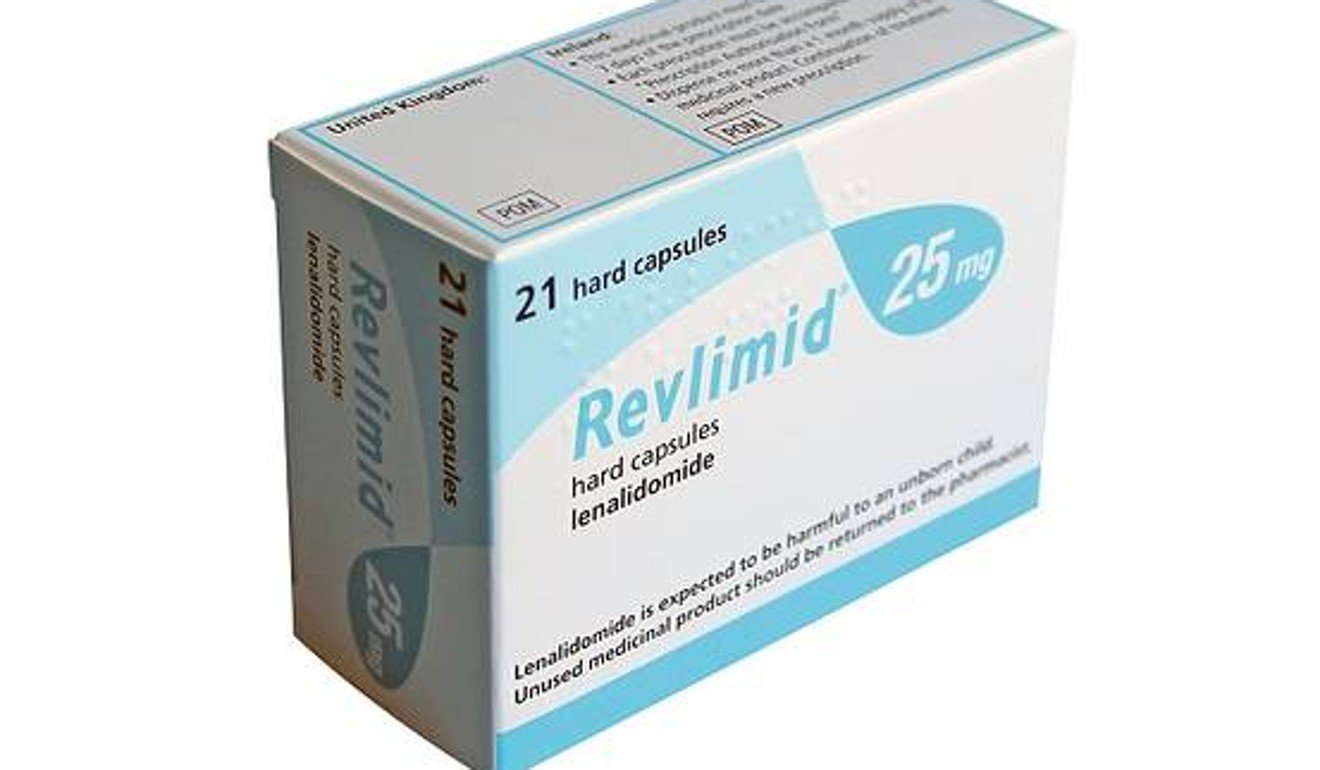
Global health care deals expected to top US$400 billion this year, says law firm Baker McKenzie
- Deal flow is expected to rebound after dropping 5 per cent in 2018
- Political uncertainty, new regulations weighed on transactions last year
Mergers and acquisitions in the health care sector are expected to rebound this year, exceeding US$400 billion following Bristol-Myers Squibb’s deal for Celgene last week, according to the law firm Baker McKenzie.
Political uncertainty and new regulations that came into force in 2018 weighed on deal flow last year, sending merger activity in the sector down 5 per cent last year to US$308 billion.
Companies in the US and Asia are expected to be among the biggest buyers this year, with many deals based around health care technology, Baker McKenzie said. That includes Takeda Pharmaceutical’s US$62 billion transaction for the Irish drug maker Shire, which is expected to close on Tuesday.
Outbound M&A: Japan outpaces China as trade war, capital controls bite
New rules that allow biotechnology companies and dual-class shareholding structures to more easily list in Hong Kong also have boosted initial public offering activity in the sector, the law firm said.
“Pressure to lower costs and adjust to value-based care models, as well as meet the demands of technology-driven consumers and the rise in consumer health care devices, mean that buyers are looking to acquire companies capable of evolving within the landscape,” said Ben McLaughlin, global chairman of Baker McKenzie’s health care industry group.

Bristol-Myers fired a dramatic opening shot for the year on Friday, saying that it would acquire Celgene for about US$74 billion in cash and stock.
The deal, which is expected to close in the third quarter, would combine two big makers of medication to treat cancer, with nine products exceeding US$1 billion in annual sales. The combined company’s drug portfolio would include Bristol-Myers’ lung cancer drug Opdivo and Celgene’s blood cancer drug Revlimid.

The momentum for deals in the sector continued on Monday as US drug maker Eli Lilly said it had agreed to buy Loxo Oncology for US$8 billion to boost its cancer treatment portfolio.
Jane Hobson, a health care M&A partner at Baker McKenzie, said that companies are using transactions to diversify and increase their product line.
“As companies compete to add drugs to their portfolios, we’re seeing more early stage acquisitions and licensing, sometimes before proof of concept,” Hobson said.
The push to gain scale and better control over pricing has helped drive consolidation in the sector in recent years.
The US health insurer Cigna agreed in March 2018 to acquire Express Scripts, America’s largest pharmacy benefit manager, in a deal that exceeded US$52 billion.

CVS Health also closed a deal to acquire the health insurer Aetna for US$69 billion in November 2018.
At the same time, Hong Kong Exchanges and Clearing, the operator of the Hong Kong stock exchange, changed its rules to allow biotech firms that have no revenue to list.
Hong Kong bourse to accept listing applications under new rules from April 30
“The new rules mean in Hong Kong the number of biotech companies coming to the market in the early stages of research and development and with no profit or turnover is expected to grow,” said Ashok Lalwani, a Baker McKenzie health care IPO partner.
However, regulators have not always been comfortable with the consolidation push, with the US blocking several deals in recent years.
Walgreens Boots Alliance and Rite Aid called off their long-brewing transaction in June 2017 after American regulators said they would not approve a combination of two the biggest chains of chemists in the US.

That came after federal judges blocked a US$37 billion deal between American health insurance giants Aetna and Humana in 2017 and a separate US$48 billion transaction between Anthem and Cigna.
Baker McKenzie said that it expects the sector to reach a cyclical trough in 2020 as political uncertainty is expected to further weigh on deal making.
“New investment and cross-border investment will be affected in the years to come, particularly between the US and China as tensions over trade continue,” said Hideo Norikoshi, a Baker McKenzie health care M&A partner. “The [UK’s] withdrawal from the [European Union] also leaves companies feeling uncertain, and this will further dampen deal activity in the UK and elsewhere.”

